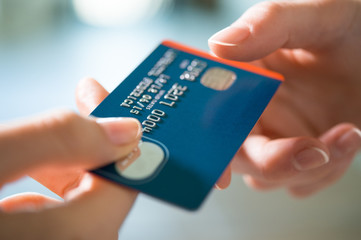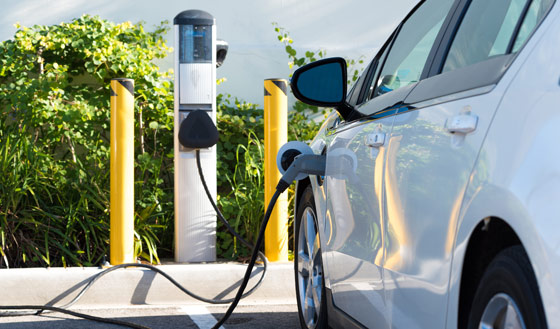
Even though the signs of problems are visible in the economy, consumer spending surged in the month of August. Americans upped their spending by 0.4% by buying cars and making purchases online.
According to Breitbart News, this uptick was more than economists had expected. Economists had forecast a more modest 0.2 percent gain. The previous month’s gain, boosted in part by Amazon’s Prime Day sales, was revised up to 0.8 percent from 0.7 percent.
Online sales, were expected to drop off steeply in a kind of post-Prime Day hangover, were surprisingly strong, rising 1.6 percent. Sales at home and garden centers were also robust. Auto sales jumped 1.8 percent. These can be volatile month-to-month. But purchases of big-ticket items like cars are generally a sign of consumer confidence and typically fall early in a slumping economy.
But it looks like this surge in consumerism was paid for with debt. Americans piled up $35.6 billion in credit card debt last quarter, an all-time record, according to the Kiowa County Press. “Americans began 2019 owing more than $1 trillion in credit card debt,” Alina Comoreanu, Wallethub senior researcher, said. “Although the forecast initially appeared brighter, thanks to consumers repaying $38.2 billion in credit card debt during Q1 2019, poor second-quarter results nearly erased that effort.”
“Credit card debt statistics speak to the financial health of American households,” Comoreanu added. “They can also foreshadow over-borrowing bubbles, changes to lending standards, and other trends with the potential to impact our wallets.”
The average household currently owes $8,602 in credit card debt, according to an analysis by Wallethub. Based on these numbers, we can deduce that much of the increase in spending is not coming from an increase in income, rather a desire to buy now and pay later. “Our overleveraging problem has been trending in the wrong direction for some time now, and the latest data indicate we’re truly entering dangerous territory,” WalletHub CEO Odysseas Papadimitriou said in response to the findings.









0 Comments